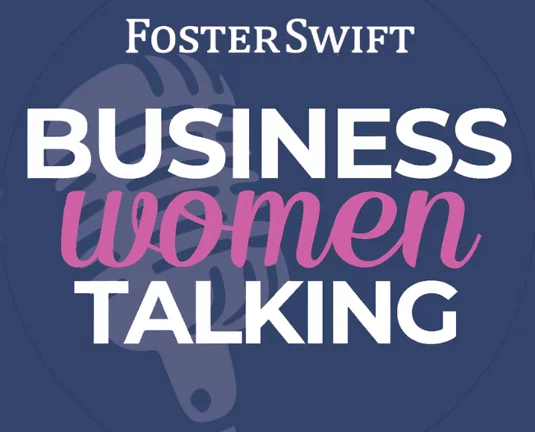Why Employers Need to Support the “Sandwich Generation”
 As we look at the modern workforce, we find many people balancing their careers along with caring for their children and their aging parents. Known as the "Sandwich Generation", an estimated one in seven Americans between the ages of 40 and 60 make up this group, as estimated by the Pew Research Center.
As we look at the modern workforce, we find many people balancing their careers along with caring for their children and their aging parents. Known as the "Sandwich Generation", an estimated one in seven Americans between the ages of 40 and 60 make up this group, as estimated by the Pew Research Center.
The number of workers who will act as caregivers while maintaining a career is not going to decrease any time soon. A report by the Home Care Association of America and the Global Coalition on Aging found that there will be 84 million people ages 65 and older by 2050 and approximately 70 percent of those adults will be unable to care for themselves.
While companies are beginning to look at how caregiving affects the business, up until now they really hadn’t fully understood the burden that some of their employees carry and how costly it may be for their business to not have proper resources and support in place. It’s safe to say that many of these workers are under significant financial and emotional stress.
According to a Harvard Business School study, 73 percent of employees in the United States are caring for a child, parent, or friend. The study found that 80 percent of employees surveyed admitted that caregiving affected productivity at work and 32 percent of employees left a job because of their caregiving duties.
“Employees are often hesitant to admit that caregiving is negatively affecting their jobs and decide against sharing details of their responsibilities with managers for fear of being passed over for promotion,” said Matt Fedor, Foster Swift attorney. “This can lead to turnover, miscommunication, and a culture of uncertainty.”
Bank of America conducted a Workplace Benefits Report that surveyed 804 U.S. employers and 996 employees and asked about caregiving. The study estimated that 45 percent of the workforce are caregivers including childcare, aging parents or infirm spouse while also juggling their full-time careers. The study also found employee caregivers:
- Spend an average of $6,500 annually for children and $3,200 for other family members
- Miss about 12 hours of work a month because of caregiving responsibilities
“Leaders need to realize the number of employees who are caregivers, or will be caregivers, is on the rise and be prepared to better support this population for the sake of their company and their workforce,’’ said Fedor. “Unfortunately, many employees don’t feel they have the support or resources from work that they need. As more employees find themselves caring for their parents in addition to their own children, the weight of these duties will directly impact their productivity.’’
Often companies already offer benefits that could help, but employees are unaware of what is available. It’s important to review what is accessible for staff on a regular basis. As the Sandwich Generation continues to add to its responsibilities, employers have an opportunity to develop programs and stronger cultures, including:
Flextime and Remote Work
Depending on a person’s role, flextime and remote options can allow employees more flexibility to support their family members while still allowing them to get their work done on their own time.
Paid Time Off
Some companies make time off banks one category instead of dividing them by vacation, sick and personal days. This allows employees to use days off as needed. Some companies have opted for unlimited PTO, which takes the burden off the employer and allows the manager to offer time off and based on the employees’ needs and role.
Management training
It’s valuable to organization morale and to financial health to train managers to be well-rounded leaders who are knowledgeable on firm policies as well as understand caregiving and what resources the company already provides can help caregivers be more productive and happier at work.
New policies
As organizations look toward creating a positive and profitable work environment, there is value in asking employees what new policies or benefits may be helpful for employees who are caregivers. This can help companies narrow which benefits would be best to incorporate in policy updates. For example, these could include employee assistance programs or referral services for elder care services.
“In addition to reviewing and updating potential benefits and policies, companies benefit from building a caring culture so employees feel safe to share their caregiving responsibilities with their managers,” said Fedor. “In these complex times, good communication is imperative as employers adhere to the myriad of employment laws, meet organizational goals and cultivate an engaged workforce.”
Resources:
Home Care Association of America:
Home Care Association of America - Home Care Association of America (hcaoa.org)
Harvard Business School:
https://www.hbs.edu/managing-the-future-of-work/Documents/The_Caring_Company.pdf




